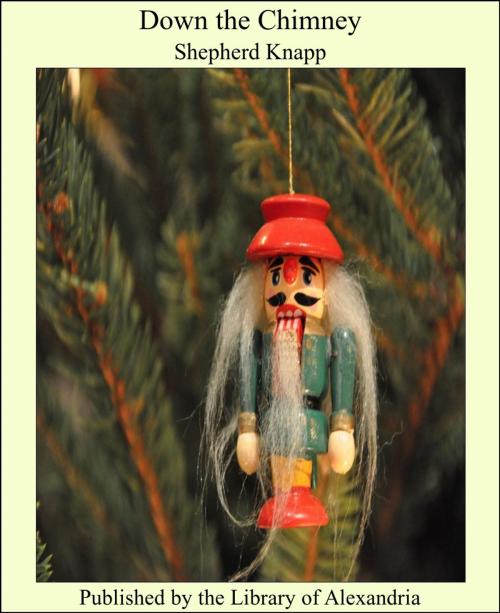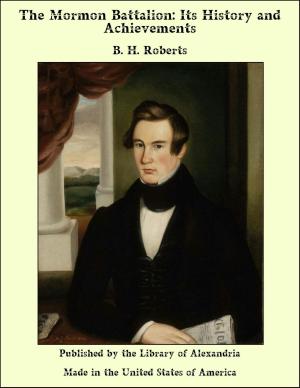| Author: | Shepherd Knapp | ISBN: | 9781465515704 |
| Publisher: | Library of Alexandria | Publication: | March 8, 2015 |
| Imprint: | Language: | English |
| Author: | Shepherd Knapp |
| ISBN: | 9781465515704 |
| Publisher: | Library of Alexandria |
| Publication: | March 8, 2015 |
| Imprint: | |
| Language: | English |
THE very title, Nursery Rhymes, which has come to be associated with a great body of familiar verse, is in itself sufficient indication of the manner in which that verse has been passed down from generation to generation. Who composed the little pieces it is, save in a few cases, impossible to say: some are certainly very old and were doubtless repeated thousands of times before their first appearance in print. References to certain favourites may be found in the pages of the dramatists of Elizabeth's time. Attempts are sometimes made to read into these Rhymes a deeper significance than the obvious and simple one which has accounted for their enduring popularity in the Nursery, but this volume has no concern with such profound interpretations, any more than have the little people who love the old jingles best. The earliest known collection of Nursery Rhymes was published about 1760 by John Newbery, the first publisher who devoted his attention to very young readers. In his book, which included songs from the plays of Shakespeare, some of the Rhymes appeared with titles which sound strange to our ears; thus "Ding, Dong, Bell" was called "Plato's Song", while "There were Two Birds sat on a Stone" was "Aristotle's Song". To each Rhyme was appended a moral maxim, as for example, to "Is John Smith within?" is added "Knowledge is a treasure, but practice is the key to it". Most of the Rhymes in this little Newbery collection, amongst them "There was a little Man and he wooed a little Maid" and "The Wise Men of Gotham", are repeated in the present volume so far as may be in accordance with that early text. Others have been compared with early versions in chap-books issued late in the eighteenth century or early in the nineteenth. Students divide our rhymes into narrative pieces, historical, folk-lore, game rhymes, counting-out rhymes, jingles, fragments, and so forth, but for the children for whom and by whom they are remembered, and for whose sake they are here collected and pictured anew, they are just—Nursery Rhymes
THE very title, Nursery Rhymes, which has come to be associated with a great body of familiar verse, is in itself sufficient indication of the manner in which that verse has been passed down from generation to generation. Who composed the little pieces it is, save in a few cases, impossible to say: some are certainly very old and were doubtless repeated thousands of times before their first appearance in print. References to certain favourites may be found in the pages of the dramatists of Elizabeth's time. Attempts are sometimes made to read into these Rhymes a deeper significance than the obvious and simple one which has accounted for their enduring popularity in the Nursery, but this volume has no concern with such profound interpretations, any more than have the little people who love the old jingles best. The earliest known collection of Nursery Rhymes was published about 1760 by John Newbery, the first publisher who devoted his attention to very young readers. In his book, which included songs from the plays of Shakespeare, some of the Rhymes appeared with titles which sound strange to our ears; thus "Ding, Dong, Bell" was called "Plato's Song", while "There were Two Birds sat on a Stone" was "Aristotle's Song". To each Rhyme was appended a moral maxim, as for example, to "Is John Smith within?" is added "Knowledge is a treasure, but practice is the key to it". Most of the Rhymes in this little Newbery collection, amongst them "There was a little Man and he wooed a little Maid" and "The Wise Men of Gotham", are repeated in the present volume so far as may be in accordance with that early text. Others have been compared with early versions in chap-books issued late in the eighteenth century or early in the nineteenth. Students divide our rhymes into narrative pieces, historical, folk-lore, game rhymes, counting-out rhymes, jingles, fragments, and so forth, but for the children for whom and by whom they are remembered, and for whose sake they are here collected and pictured anew, they are just—Nursery Rhymes















